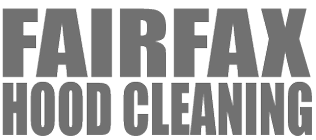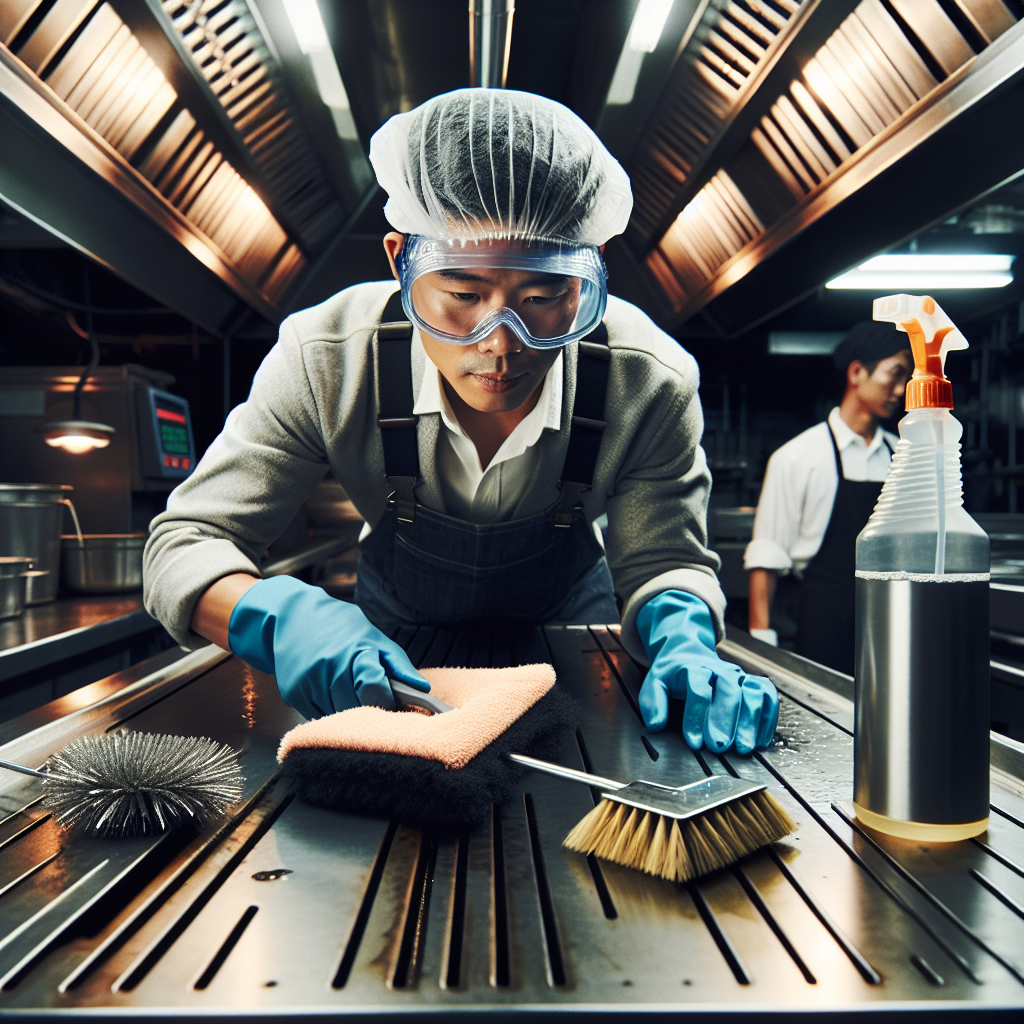Welcome to Hood Cleaning 101: Your Essential Guide to a Clean Kitchen
When it comes to running a commercial kitchen, maintaining cleanliness is crucial—not just for health and safety compliance, but also for the overall efficiency of your operations. One key aspect that often gets overlooked is hood cleaning. In this comprehensive guide, we’ll delve into the basics of hood cleaning, including the essential equipment, chemicals, and procedures you’ll need to keep your kitchen in tip-top shape. Whether you’re a seasoned chef or a restaurant manager in Fairfax VA, this guide will provide you with everything you need to know about restaurant hood cleaning.
Why is Hood Cleaning Important?
The primary purpose of a kitchen exhaust hood is to filter out grease, smoke, and odors. Over time, these contaminants can build up, creating a serious fire hazard if not removed properly. Regular commercial kitchen hood cleaning helps to:
- Prevent Fire Hazards: Grease buildup can ignite easily, leading to dangerous kitchen fires.
- Maintain Air Quality: Clean hoods improve ventilation and reduce smoke and odors.
- Ensure Compliance: Many health and safety regulations require regular hood cleaning.
- Extend Equipment Life: Proper maintenance helps prolong the lifespan of your kitchen equipment.
Essential Equipment for Hood Cleaning
Before diving into the actual cleaning process, you’ll need to gather the right tools. Here’s a list of essential equipment for efficient hood cleaning:
- Scrapers and Brushes: Used for removing tough, caked-on grease and grime.
- High-Pressure Washers: Ideal for blasting away grease from exhaust hoods and ducts.
- Chemical Degreasers: Specialized cleaning solutions designed to break down grease and other contaminants.
- PPE (Personal Protective Equipment): Includes gloves, goggles, and protective clothing to ensure safety during the cleaning process.
- Plastic Sheets or Tarps: Used to protect kitchen surfaces and equipment from splashes or drips during cleaning.
Chemicals Used in Hood Cleaning
The chemicals you choose can make a big difference in how effective your hood cleaning efforts are. Here are some types of chemicals commonly used:
- Degreasers: These are formulated to dissolve grease and grime. Look for non-toxic, biodegradable options to minimize environmental impact.
- Foaming Agents: Used in conjunction with degreasers, these help to break down stubborn grease and make it easier to rinse away.
- Disinfectants: Ensure that all surfaces are sanitized after degreasing.
The Hood Cleaning Procedure
A systematic approach ensures thorough cleaning. Here’s a step-by-step guide to effective exhaust hood cleaning:
1. Preparation
- Turn Off Equipment: Make sure all cooking equipment is turned off and cooled down.
- Cover Surfaces: Use plastic sheets or tarps to cover nearby surfaces and equipment.
- Setup PPE: Wear gloves, goggles, and protective clothing to safeguard yourself.
2. Apply Degreasers
- Spray Degreaser: Apply your chosen degreaser to the exhaust hood, filters, and ductwork.
- Let It Sit: Allow the degreaser to sit for 10-15 minutes to break down the grease.
3. Scrub and Rinse
- Scrub Surfaces: Use scrapers and brushes to remove loosened grease.
- Rinse: Use a high-pressure washer to rinse off the grease and degreaser. Start from the top and work your way down.
4. Clean Filters
- Remove Filters: Take out the filters and soak them in a solution of hot water and degreaser.
- Scrub and Rinse: After soaking, scrub the filters and rinse thoroughly.
- Dry and Reinstall: Allow filters to air dry completely before reinstalling them.
5. Finishing Touches
- Final Inspection: Inspect all cleaned surfaces to ensure no grease remains.
- Disinfect: Apply a disinfectant to kill any remaining bacteria or germs.
- Cleanup: Remove all plastic sheets and tarps, and dispose of any waste properly.
How Often Should You Clean Your Hood?
Frequency of Fairfax hood cleaning depends on the type of cooking and volume of kitchen activity. Here’s a general guideline:
- High-Volume Kitchens: Hoods should be cleaned quarterly, or even monthly if grease production is exceptionally high.
- Moderate-Volume Kitchens: Aim for semi-annual cleaning.
- Low-Volume or Seasonal Kitchens: Annual cleaning may suffice, but always adhere to local regulations.
Hiring Professional Hood Cleaning Services in Fairfax VA
While DIY cleaning can be effective, hiring professionals ensures the job is done thoroughly and safely. In Fairfax VA, any reputable fairfax hood cleaning service will offer comprehensive cleaning with specialized equipment and chemicals. Professionals follow stringent guidelines to ensure your kitchen meets all health and safety standards.
If you need assistance or further information, you can consult a specialized service for your hood cleaning needs.
Maintaining a clean kitchen exhaust hood is more than just a regulatory requirement; it’s essential for the safety and efficiency of your commercial kitchen. Armed with this guide, you’re now well-equipped to tackle restaurant hood cleaning head-on.


